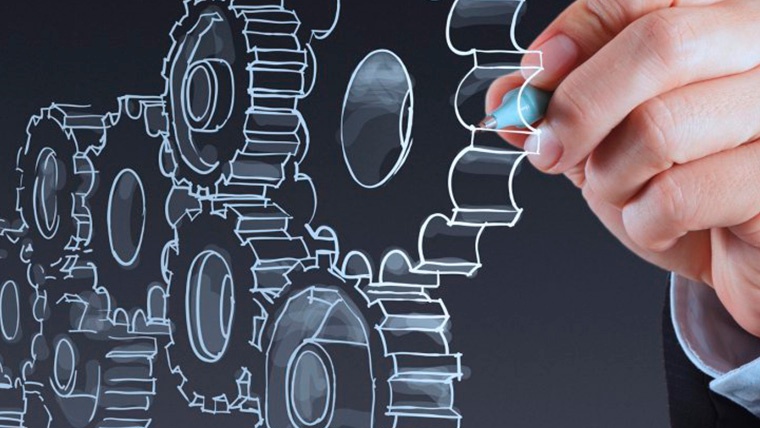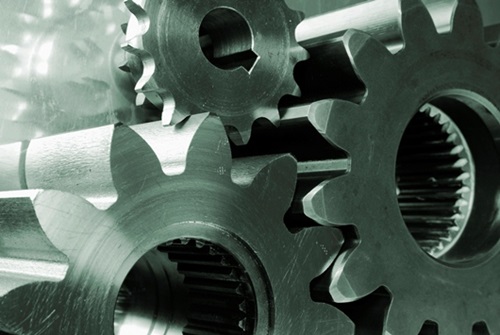

By the end of this course delegates will be able to:
TPM office staff, TPM facilitators, TPM managers, OE champions, Maintenance managers, engineers & planners, reliability and maintenance engineers, facilities and utilities managers, top level maintenance technicians, operations and production managers & engineers, plant engineers, design engineers, reliability engineers & technicians, operators, safety engineers, risk engineers, CMMS and spare parts personnel, safety engineers and anyone who is involved in reliability engineering strategies or methodologies.
Understanding Equipment Failures
Changing the Culture from Reactive Maintenance to Proactive Maintenance
Understanding World Class Maintenance Management
Discipline 1: The Need for Training and Skills on Maintenance
Discipline 2: Measurements and Maintenance KPI’s
Discipline 3: The Need for Autonomous Maintenance
Discipline 4: Addressing Basic Equipment Condition
Discipline 5: Addressing Basic Equipment Condition
Discipline 6: Lubrication Strategy and Management
Discipline 7: Understanding Life Cycle Management (LCM)
Discipline 8: Spare Parts Management
Discipline 9: Root Cause Failure Analysis (RCFA)
Discipline 10: Reliability Strategies: Reactive, Preventive, Predictive & Proactive Maintenance
Discipline 11: Understanding Condition Based Maintenance (CBM)
Discipline 12: Computerized Maintenance Management Software (CMMS)
Applying the Twelve Disciplines of Maintenance
CDGA attendance certificate will be issued to all attendees completing minimum of 80% of the total course duration.
| Code | Date | Venue | Fees | Register |
|---|---|---|---|---|
| MI246-02 | 15-06-2026 | Rome | USD 6950 | |
| MI246-03 | 20-09-2026 | Doha | USD 5450 | |
| MI246-04 | 08-11-2026 | Dubai | USD 5450 |

Process equipment, structures and piping systems may be subjected to severe service conditions including high constant or fluctuating stresses, extreme temperatures and various types of corrosion. Thi ...

In this 5-day course, participants will gain a strong technical and practical understanding of bearing design features and implications of many bearings types. This course will provide the participant ...

Root cause analysis (RCA) is a class of problem solving methods aimed at identifying the root causes of problems or events. The practice of RCA is predicated on the belief that problems are best solve ...

The advent of the Computerized Maintenance Management System (CMMS) has revolutionized the way organizations manage their maintenance activities. In an era where operational efficiency and asset manag ...
Providing services with a high quality that are satisfying the requirements
Appling the specifications and legalizations to ensure the quality of service.
Best utilization of resources for continually improving the business activities.
CDGA keen to selects highly technical instructors based on professional field experience
Since CDGA was established, it considered a training partner for world class oil & gas institution
3012, Block 3, 30 Euro Business Park, Little Island, Co. Cork, T45 V220, Ireland
Mon to Fri 09:00 AM to 06:00 PM
Contact Us anytime!
Request Info